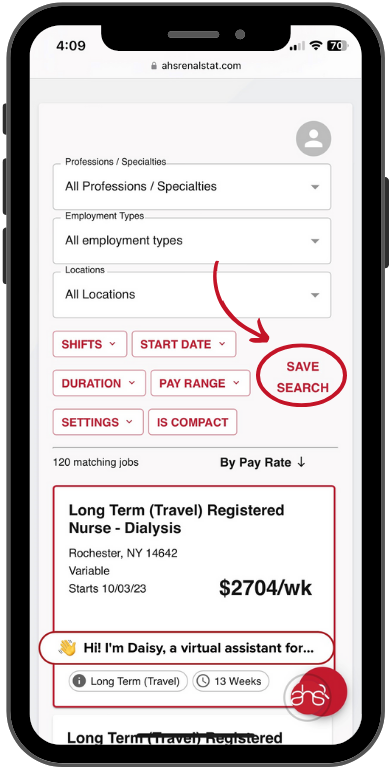Workplaces are experiencing a burnout epidemic, and no profession has been hit harder than healthcare. It has been reported that up to 60% of healthcare professionals say they are burned out that has caused disengagement, chronic exhaustion, cynicism and feeling ineffective on the job. This is not something to take lightly, either. This is something much more than having a rough day at work, and can be detrimental to your mental health and how you perform while trying to save patients lives. Here are some strategies on how to prevent this from happening to you!
1. Put Yourself First (for a moment or two)
Getting adequate Recovery is critical to preventing burnout, and selfless giving, in the absence of Recovery, drives burnout. The trick is to find a way to balance giving with your own self-interest and self-care. Nurses seem to always be all around selfless. Most of the time, working long hard hours to save lives and never really taking the time to relax and care for themselves. This is a great attribute, but it can be devastating to your mental and work health. Recover from your long hard week with doing something for yourself for once.
2. Emotional Intelligence
Pain, illness and the emotions that go along with them don’t always bring out the best in people, and unfortunately, nurses are usually on the receiving end of some pretty awful behavior. Despite this, nurses need to make quick decisions, dispense treatment in an accurate way, and provide good “customer service.” Doing this often requires emotional labor, which involves suppressing your real emotions (frustration, anxiety, anger) in order to show interest, concern and sympathy toward your patients and their families. Suppressing those emotions can be dangerous for your mental health, so make sure you are addressing your feelings, whether it be in counseling or simply just taking the moment to recognize how you’re feeling and why you’re feeling that way.
3. Resilience Training
When you have resilience, you harness inner strength that helps you rebound from a setback or challenge at work. If you lack resilience, you might dwell on problems, feel victimized, become overwhelmed or turn to unhealthy coping mechanisms, such as substance abuse. Resilience won’t make your problems go away, obviously, but resilience can give you the ability to see past them, find enjoyment in life and better handle stress at work.
What are some of your favorite ways to avoid burnout at your nursing job?


